Agriculture
Agriculture is the backbone of all life.
Jivarth — Living its name through action.
Thasmai Jivarth is an organic farming method that benefits farmers, consumers, society, and the entire universe equally.

Successfully Tested and Proven approach.
Thasmai Jivarth is a farming approach that has been tested and successfully implemented in Maharashtra over the past few years. It is different from conventional farming methods, more cost-effective, and yields better harvests. The most remarkable aspect of this method is that, through 100% organic farming, it is possible to generate a minimum profit of ten lakh rupees per acre.
In conventional farming, crops typically take between three to nine months to yield, whereas in Jivarth, we continue to produce for at least two years. Additionally, the total investment required for a small area is less than one lakh rupees.

Guarantees NO harm to any living being and NO loss for farmers.
To prevent pests from spreading from one plant to another, medicinal plants are intercropped. This method is entirely natural and aligned with the principles of the universe, ensuring that no living being is harmed. It is 100% guaranteed that the farmer will not face any losses in the production process.
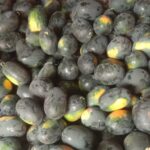
Good Food > Broad Thoughts > Good Actions > Corruption-free Society > Peaceful Life.
The primary beneficiaries of organic farming are the farmer, the consumer, and the Universe. (Usually, we tend to forget about the universe.)
When a consumer gets 100% organic products, the farmer receives the full value of his hard work without any loss.
When good food is produced selflessly and reaches everyone, society as a whole benefit from it.
When a good idea is spread within society, even the mediums that help convey it benefit from it. Good thoughts arise from good food. Similarly, good thoughts lead to good actions, good actions build a good society, a good society creates a peaceful way of life, and through that, a better world is formed. This is the ultimate dharma and goal of Thasmai Jivarth.

Shift the focus from the exploiters. Let us create the change.
Today, the price of organic grapes in the market starts at ₹320 per kilo and can go even higher. Yet, the farmer only receives ₹80. Think about it — after all the hard work, this is all the farmer earns! This is the harsh reality of the person who toils to produce the food we eat.
Now, what about the grapes we buy for ₹320 to ₹500? What guarantee is there that they are truly organic? People are getting sick by paying money for and consuming these, which are often sold illegally.
Instead of worrying about those who exploit for excessive profit, let’s focus on what we can do?
Thasmai Jivarth can provide training on what to do and how to do it, but it is the dharma of the media to help reach the common people and farmers.
One-time investment in farming, and harvest for two years.
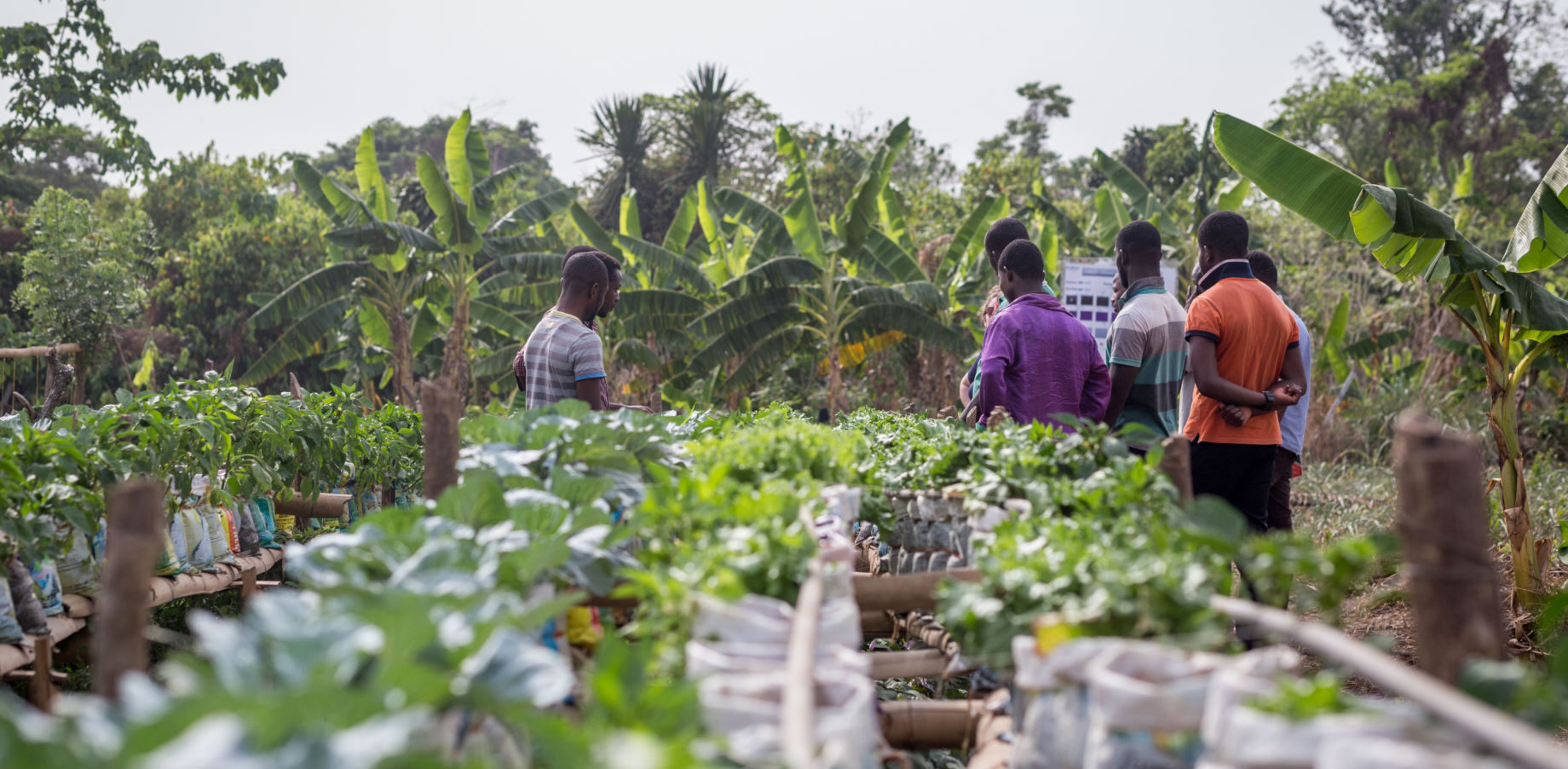
Those who are interested in farming should first identify the land and then contact Thasmai Jivarth to learn about the farming methods and other necessary details. We will provide you with pre-cultivated plants. You don’t need to go looking for a market, it will come to you. This is the “uniqueness of a material life that is rooted in spirituality”.
Regardless of what we do now, profits can range from 1 1/2 to 3 Lakhs rupees, and that too only in a seasonal cycle. Whether it is Yam or Banana, the situation remains the same. However, there is a difference here. Your produce will continue to yield for 365 days and up to two years.
If market prices are low during the season, do not harvest immediately. Leaving the produce on the plant itself will be beneficial, and once the season ends, your yield will increase. In one year, from a single acre of land, the harvest can range from 30 to 110 tons, and that too without using any chemicals.
What guides Thasmai Jivarth
Selfless Service, completely dedicated to the Universe.
The reason Thasmai and Jivarth joined hands is that both shared the same ideology. Both were engaged in selfless service. From the moment Jivarth embraced Thasmai’s SMS Meditation, it became Thasmai Jivarth, completely dedicated to the universe.
Most of the people who approach Thasmai are those facing physical, mental, financial, or marital difficulties. The lack of a steady income leads to conflicts and disputes everywhere. The root cause of all this is that people do not realize that a materialistic life without spirituality is the reason behind these struggles. Through SMS Meditation, they are trained to move towards a material life that is deeply connected with spirituality. As a result, people begin to recognize that farming is the backbone of all living beings.
No one holds any responsibility toward anyone anymore. Everyone is living in a way where exploitation has become the norm. Thasmai’s principle is to move forward selflessly without exploiting anyone. Jivarth also shares the same vision.
Years ago, Thasmai had already decided to take this idea to the people. Before it could take its first steps, it had the opportunity to learn about Jivarth. Everything aligned perfectly through SMS Meditation, creating the right circumstances for this collaboration.
Jivarth is like a moving vehicle. Instead of starting an entirely new initiative, Thasmai felt it was more appropriate to align with Jivarth and move forward together. This is how Thasmai Jivarth was formed.
100% Quality products, free from greed and exploitation.
Thasmai realized the quality and quantity that Jivarth upholds and was inspired to embrace it because of its approach, which is free from greed and exploitation.
As mentioned earlier, wealth is the primary reason behind conflicts and disputes among people. Similarly, excessive greed for money also fuels these fights and quarrels.
The problem here is living without a stable income. Just think for a moment about how miserable such a condition is. Since we are accustomed to seeing a fixed amount credited to our accounts every month without fail, we find it difficult to comprehend this hardship. To truly understand the suffering of a family that works tirelessly from dawn to dusk just to feed their own children while hoping for a meagre income, imagine replacing the balance in your bank account with zero.
There is no comparison on this earth for those who exploit someone who labours just to afford a single meal. Even if they appear human on the outside, what drives them is sheer darkness.
This is a society where no one asks questions, no one seeks answers. Their hard work is placed before you in the form of vegetables, fruits or any other crops. But the excessive profits made from this are not for their luxury tomorrow. They struggle to ensure that their families do not go hungry and that their children can grow up with dignity in this society.
Perhaps what we are saying sounds emotional, but if you truly think about it, you will realize that there are such human lives in our society.
Purity of intent, selflessness, honesty, and values matter in all we do.
We would like to remind you of one more thing. Whatever we do, purity of intent, selflessness, honesty, and moral values hold great importance. When we talk about the struggles and hardships faced by farmers, we must also acknowledge that the deterioration of values among individuals plays a major role in these issues. This is the reality we must understand. This is where we need to recognize the lack of spirituality among farmers. That is exactly why wealth does not reach them.
Farmers are the ones who work directly with the soil. They are directly connected to the universe. Because of this, their responsibility toward the universe is greater than anyone else’s. If money reaches farmers who lack spirituality, it will ultimately have a negative impact on the universe as well. When financial gain becomes the sole priority, and farming is done using chemical-based methods, we can clearly notice the changes in the taste of our agricultural produce. Another undeniable reality we are witnessing is that the very composition of the soil has started changing.
Thasmai expects nothing in return. Its goal is not to calculate income and expenses or take a share from them. It simply aims to be a helping hand to a society that steps forward with selfless intent.
The Importance of Spirituality in Farming.
Farming is the backbone of all living beings
Sri Narayana Guru once said, 'Farming must be done. Farming is the backbone of all living beings.' Regardless of whether it is a human or an animal, every living being needs food when they are hungry. No matter how big or small one may be, this remains unchanged. Furthermore, if farming ceases to exist, the fertility of the soil will be lost. If the soil disappears, everything will be destroyed.
Food is Knowledge, not just a means to fill our stomachs.
The food we consume is what transforms into our blood, flesh, marrow, seeds, character, and even our cells. So, if we say that we are not just this visible body but also knowledge itself, it would not be an exaggeration. With this understanding, as farmers, we must always remember how much dedication, truthfulness, and adherence to dharma are required when producing agricultural products.
When farming is done with a business mindset, spraying poison for personal gain and giving nothing back to the other living beings in the universe, it pushes the very society that consumes it toward selfishness.
Every farmer must recognize the reality that we, as cultivators, play a crucial role in shaping a healthy society.
Not even a blade of grass can grow here without the blessings of the universe.
For a seed to sprout and grow, it requires the support of the five fundamental elements (Pancha Bhutas). We are only capable of planting it, but when we eat the rice that grows, we must realize that it is the result of the hard work of countless people and the blessings of the universe. The land is ploughed, seeds are sown, the earth and sky provide space for growth, and the universe itself grants sunlight, air, and water in the right proportions, only then does it grow. A harvest is only possible when nature blesses it. If there is excessive rain, drought, or any other natural disaster, all our plans can collapse.
Such realizations must be understood through experience and implemented in practice, only then can we create a better generation. This is where the significance of spirituality in farming comes into play.
Thasmai Jivarth is focused on a farming method that leads society toward goodness, one that does not harm the soil, does not use chemicals, and is carried out with complete dedication.
Everything we do must be based on Prapancha Dharma (Universal Law).
Farming must be done with a truly selfless mindset, where we give back to the universe. There are countless living beings in the universe that experience hunger and thirst. Our actions should benefit them as well. Whatever we do must be done in a way that does not harm the soil, water, air or any element of the universe. Only then can we receive the blessings of the universe.
According to the laws of the universe, every individual has their own dharma. Due to the lack of spirituality, these dharmas are neither being taught nor are people being guided on how to earn money while staying true to dharma or how to live by dharma. As a result, a society has emerged that does not even understand the difference between dharma and adharma. A material life rooted in spirituality is the solution to all problems. The time to take the first step toward change has already passed. Unable to face challenges, our children are at the risk of being dependent on sleeping pills, alcohol, and drugs, struggling with lifestyle diseases and ultimately sacrificing their lives. Moreover, the time is not far when AI itself will erase the human race. At the very least, we must change for the sake of future generations. There is no time left to waste.
“If we delay action any further, our children will be left consuming plastic vegetables and plastic rice”
Who can be part of Jivarth?
To know more, contact:
Impact of Chemicals in Agriculture and Food Processing: A Scientific and Health Perspective
The use of chemicals in agriculture and food processing has increased significantly over the past few decades. While these substances have contributed to higher yields and longer shelf life, they also pose serious risks to human health, soil fertility, biodiversity, and nutritional quality. This document explores the types, applications, and consequences of chemical use in the cultivation and processing of grains, oil seeds, pulses, spices, sugar, dairy products, beverages, and fragrances.
Chemicals Used in Agriculture
Pesticides and Insecticides
Local Community members of both genders will equally benefit from training by farming experts in the knowhow of Precision Agriculture where accurate metrics will be applied per plant for analysis in nutrition, growth and pest resistance.
Side Effects on Humans:
Neurological damage, especially in children (lower IQ, ADHD)
Disruption of endocrine functions
Increased cancer risk, especially blood-related cancers
Residual toxicity in food leading to chronic exposure
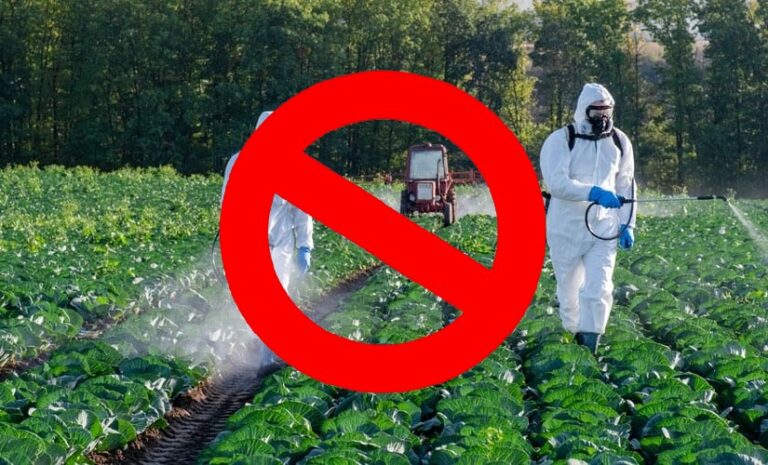
Fungicides
Examples: Mancozeb, chlorothalonil, propiconazole, carbendazim
Use: Prevent fungal diseases like mildew, rust, and blight in oilseeds, grains, and spices.
Human Health Risks:
Liver and kidney toxicity
Potential teratogenic and mutagenic effects
Skin and respiratory irritations
Development of resistant fungal strains leading to more aggressive chemical use
Herbicides
Examples: Glyphosate, atrazine, 2,4-D
Purpose: Weed control in grain, pulse, and oilseed farming
Impact on Humans:
Neurological damage, especially in children (lower IQ, ADHD)
Disruption of endocrine functions
Increased cancer risk, especially blood-related cancers
Residual toxicity in food leading to chronic exposure
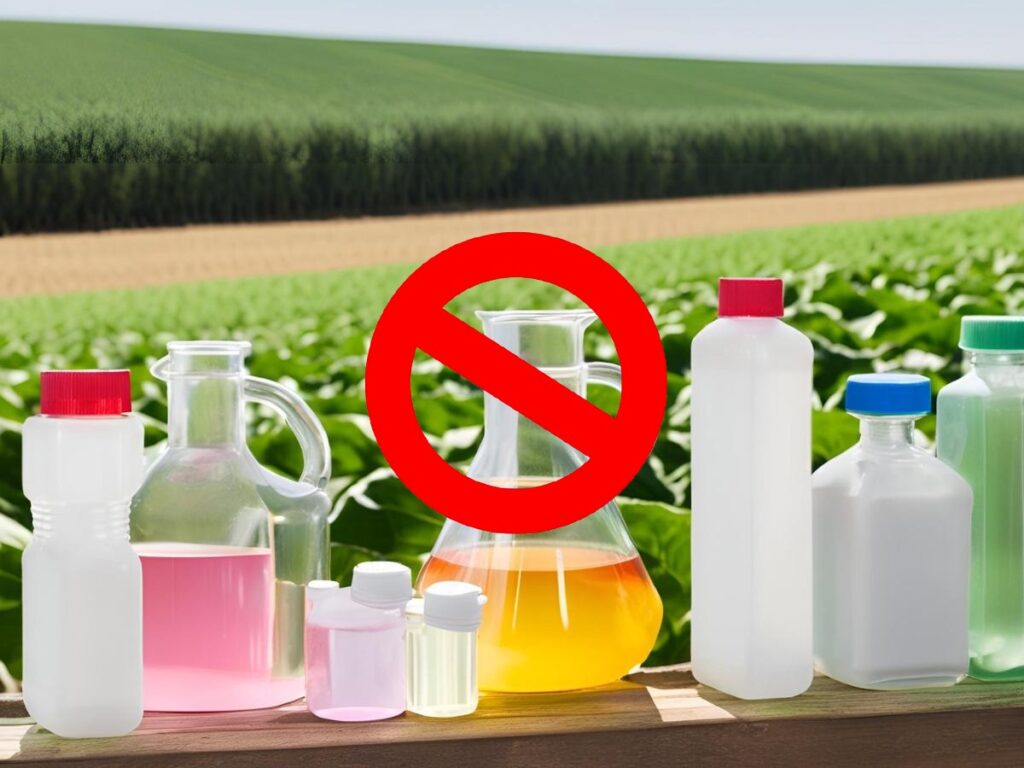
Growth Promoters and Hormonal Stimulants
Examples: Gibberellic acid, auxins, cytokinins, synthetic ethylene
Use: Stimulate flowering, growth, and fruit setting in crops
Potential Effects:
Residual hormonal effects in food
Disruption in natural plant development
Potential estrogenic activity in humans causing hormonal imbalances
Chemical Adulteration and Additives in Food Processing
Common Adulterants
Examples:
Lead chromate in turmeric and chili powder
Iron filings in pulses
Chalk powder in flour
Soapstone and starch in spices
Health Effects:
Heavy metal poisoning (lead, mercury)
Gastrointestinal distress
Kidney and liver malfunction
Cognitive impairments in children

Preservatives and Additives
Preservatives: Sodium benzoate, sulfur dioxide, calcium propionate, nitrates
Additives: Monosodium glutamate (MSG), artificial colors (tartrazine, sunset yellow)
Usage: Enhance flavor, appearance, and shelf life
Risks
Hyperactivity in children (linked to food dyes)
Asthma, skin allergies, migraines
Potential links to carcinogenicity and reproductive toxicity
Processed Sugar and Artificial Sweeteners
Refined Sugar
Over-processing removes minerals
Often whitened using bone char or chemical bleaches
Contributes to obesity, diabetes, dental problems
Artificial Sweeteners:
Aspartame, saccharin, sucralose
Linked to metabolic disorders, headaches, and gut microbiome disruption
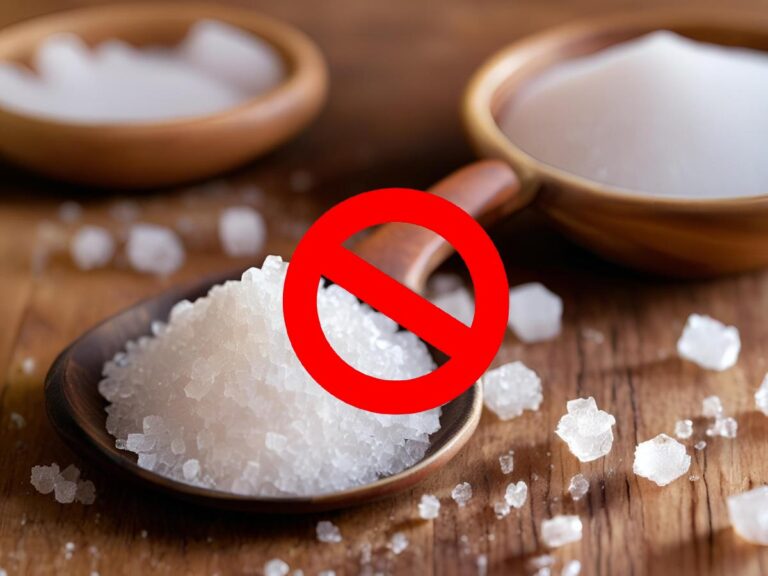
Commercial Honey and Ghee
Honey
Often adulterated with sugar syrup or rice syrup
Loss of enzymes and beneficial compounds during pasteurization
Ghee
Blending with hydrogenated fats or animal fats
Use of artificial flavoring agents to mimic aroma
Health issues include trans fat consumption, liver strain, and allergic reactions
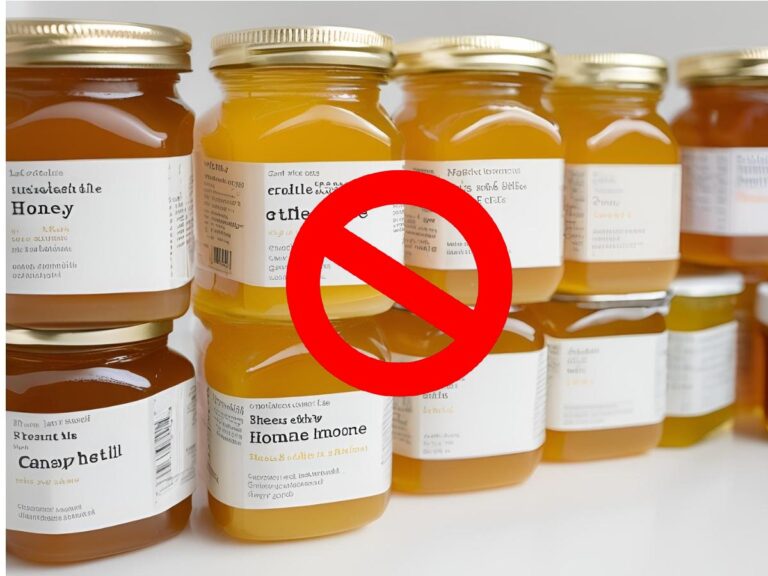

Packaged Drinks and Beverages
Soft Drinks and Juices
High-fructose corn syrup, synthetic colors, and preservatives
Zero-nutrient caloric load, acidic nature damages enamel
Phosphoric acid affects calcium absorption
Health Effects
Obesity, insulin resistance, fatty liver, weakened bones

Synthetic Fragrances in Food
Sources: Perfumed oils, aerosols, incense sticks
Use in food and environment:
Added to sweets, oils, beverages to mimic traditional aroma
Emit volatile organic compounds (VOCs)
Health Impacts:
Headaches, allergies, hormonal interference
Respiratory irritation, asthma exacerbation
Nutritional Degradation Due to Mechanical Processing
Oil Extraction from Oilseeds (Soybean, Mustard, Groundnut)
High-speed processing effects:
Loss of vitamins A, E (antioxidants)
Oxidation of polyunsaturated fats
Creation of trans fats during refining
Toxic solvent residues (hexane)
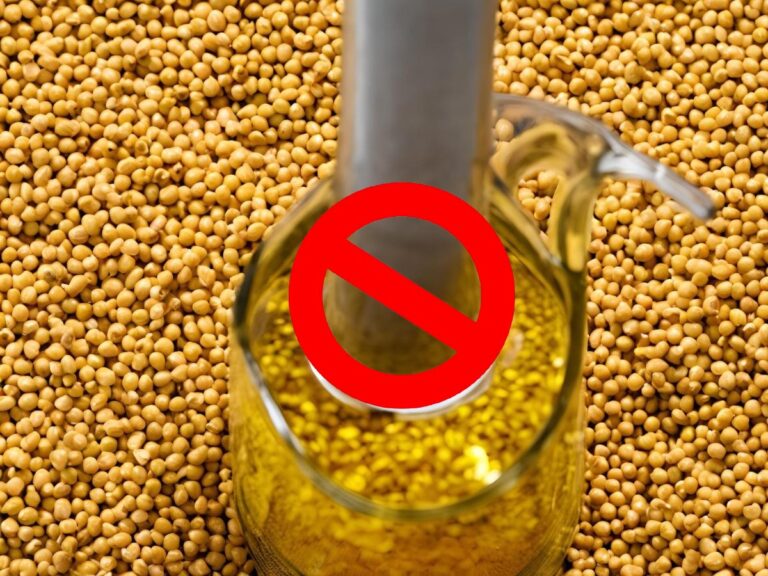
Flour Milling
Modern Roller Mills:
Remove germ and bran layers
Strip away dietary fiber, iron, B-complex vitamins
Resulting flour has higher glycemic index
Spice Processing
High-temperature drying and grinding:
Loss of essential oils and aroma compounds
Destruction of curcumin, capsaicin, piperine
Addition of non-edible fillers during commercial processing

Long-Term Side Effects on Human Health
Chronic Diseases: Cancer, diabetes, hormonal imbalances, cardiovascular issues
Neurological Issues: Memory loss, ADHD, Parkinson’s, developmental delays
Reproductive Problems: Infertility, PCOS, disrupted puberty
Immunity Suppression: Increased vulnerability to infections and auto-immune conditions
Cumulative Toxicity: Bioaccumulation of chemicals causing long-term organ damage
Recommendations for Safer Practices
– Adopt organic and natural farming systems
– Promote cold-pressed oils and stone-ground flour
Use biopesticides, neem-based and cow urine formulations
– Avoid chemically colored and flavored foods
– Use raw, natural sugar like jaggery and desi khand
– Choose raw honey and traditional bilona ghee from verified sources
– Implement strict food safety inspections and farmer training programs
– Encourage local, seasonal, and traditionally processed foods

Conclusion
Chemical-intensive agriculture and food processing have deeply infiltrated our food systems. While the intention is higher productivity and profitability, the cost is being paid in the form of rising disease burdens and ecosystem collapse. It is imperative to return to nature-centric, sustainable farming and processing techniques to restore health, nutrition, and food integrity.
